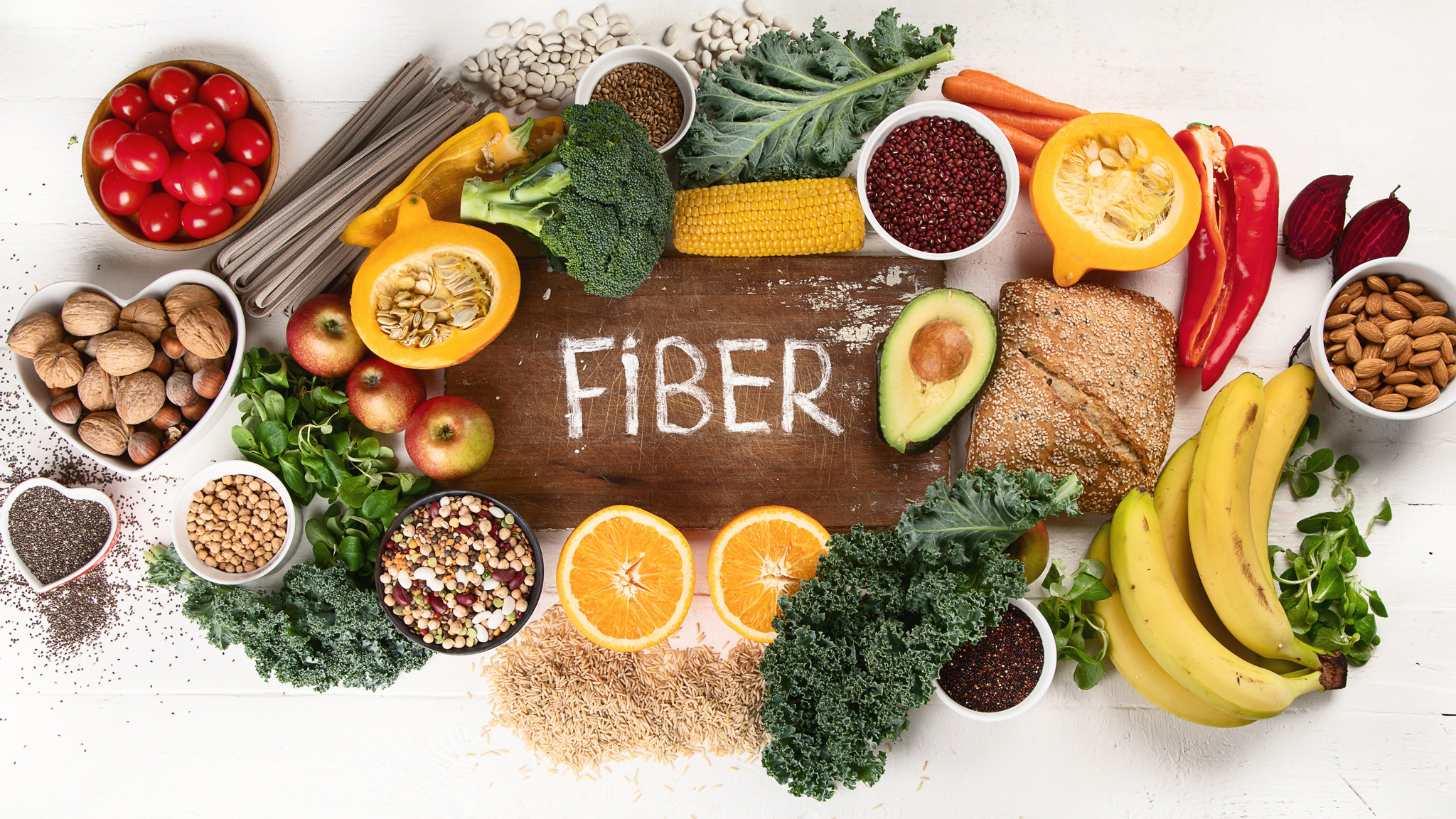
Health and Wellness
Colon Health with Dr. Jack Carlisle
- April 23, 2020
- By Staff Writer
Things that are good for your colon include foods with natural fiber, such as fruits, vegetables, oatmeal and bananas. Those sorts of foods help to keep things moving through the colon. While talking about bowel movements is not necessarily something that people are comfortable with, if you're having trouble with bloating and gas and abdominal pain or trouble after you eat, blood in the stool, black tarry stools, clay colored stools or greasy stools, we want to know. It's not a bad idea to pay attention to what you're flushing away in the toilet, because we are going to want to know what you’re seeing.
If you're having any abdominal symptoms, water is an extremely important. It doesn't have to be just water. You get credit for soup, orange juice or an apple. Those kinds of things still have water and that contributes to your overall hydration for the day.
Colorectal cancer is one of the leading causes of cancer related death in the world so one of the things that is recommended is colon cancer screening starting about age 50. Polyps are how colon cancer starts so if we screen for polyps and we find a polyp and we can take it out. Essentially we can prevent colon cancer from coming. The gold standard for colon cancer screening is still a colonoscopy. If you do a colonoscopy starting at age 50 and it's normal then you basically get a 10-year pass. If there is an abnormal polyp or a precancerous polyp, then they usually recommend a follow-up that's a little sooner, somewhere between three and five years. The problem with a colonoscopy is it is a day off of work and prep that includes drinking this stuff that tastes like Gatorade made out of a mud puddle. Some people would choose to do something different and probably the latest thing that people are talking about is the little box that waves to you from the television in the bathroom and that's the Cologuard test, which is a branded test that was developed with Mayo Clinic and other places. So you take a stool sample and send that into the company that does an analysis. If there is abnormal DNA, then it doesn't mean you have colon cancer. It just means that you need to have a colonoscopy.
There are other things besides colorectal cancer as far as colon health and one of those broader topics would be what's called inflammatory bowel disease, or Crohn's disease or colitis. Essentially those are autoimmune diseases where your body attacks the wall of your bowel. The symptoms of colitis can be abdominal pain, blood in the stool or mucus in the stool. Most people who have these symptoms know that something isn't right. Crohn's disease can affect the colon as well as the small bowel. With both of those conditions, there are lots of things that can be done and a lot of newer medicines that can actually be very helpful. People who have those conditions now can lead a pretty normal life as long as we know about them and find them.
Anytime you have blood in your stool or anytime you have an unusual change in your bowel habits, such cramping, bloating or pain after eating, you should talk to your doctor.